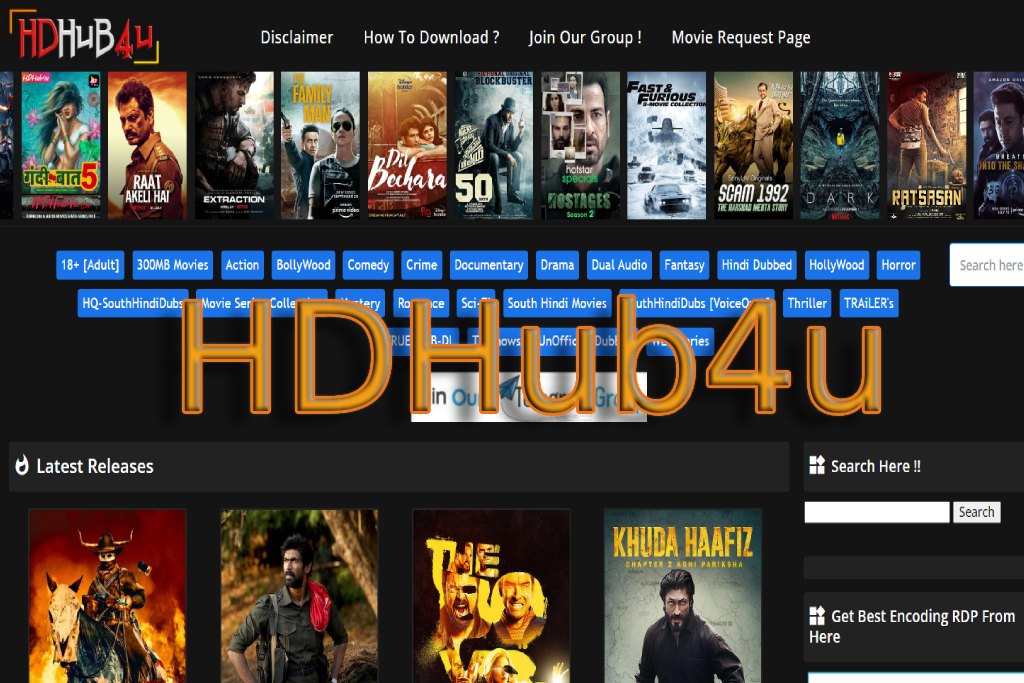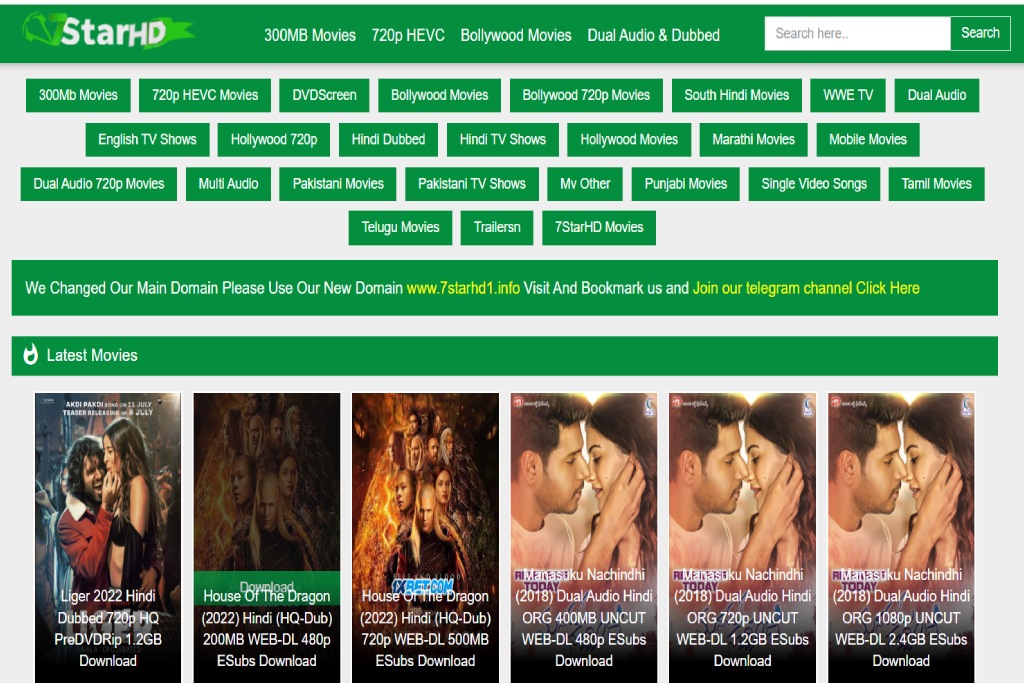Professional Orientation: What Will My Future Work Be Like?

Deciding what we want to focus our professional career on, what efforts and resources to invest and what return it will have, is something that requires a significant period of reflection. Not only externally ( job market, career, critical jobs, contacts), but, above all, internally. Self-knowledge will help us set a professional objective in all its phases, helping us in our professional orientation, knowing what to do at all times to achieve that final objective.
One of the elements that can be useful to delve into ourselves within this field is the professional orientation tests.
Professional Orientation Test
The purpose of the professional orientation test is to enlighten a student about the work activity that best suits their personality and interests. As these can change throughout the working life or career, this type of test is also valid to help active professionals make decisions.
It is essential to remember that they are only an orientation, and they do not have a diagnostic value since they only evaluate and value interests. They help to know the most appropriate professional or work profile for each person. Therefore, its purpose is to guide in choosing the future profession or job promotion to achieve a good adaptation, satisfaction and efficiency at work.
The Importance Of An Expert In Career Guidance
Most of them are carried out by applying a questionnaire prepared for this purpose, which a professional expert in orientation processes then evaluates. The result is a report that clearly expresses the most appropriate group or set of professional profiles for the examinee.
It is one more tool to use for professional promotion or career choice in any counseling process. To guarantee the greatest possible objectivity, it is recommended to be accompanied by specialized aptitude tests. For example, the ‘ Holland Codes ‘ are commonly used in career guidance assessments. They are based on the ‘Traits and Factors Theory,’ which defends that people with the same profession tend to seek similar satisfactions and that these are related to the demands of that occupation they share and, therefore, in these circumstances, their work performance. Increases.
In other words, if you can find out what satisfies the individual, you can find the occupation in which you can develop your maximum performance and your brand. The author of these codes, to which he gives his name, structured six categories that correspond to six possible interests of the evaluated person and six possible work environments: realistic, investigative, artistic, social, enterprising or conventional (RIASEC), so that can match. The evaluation can coincide in one or more categories.
In addition to these codes, there are many types of career guidance tests, and there are also the typical aptitude and personality tests… which are not always necessary in this case. Experts recommend, if feasible, resorting to 180, or better yet 360, performance evaluation systems. People or professionals with a long-standing personal and professional relationship with the examinee evaluate the candidate’s trajectory as objectively as possible—person in question, well academic, well work.
Also Read: Ten Ways To Improve The Employee Experience In The Company






